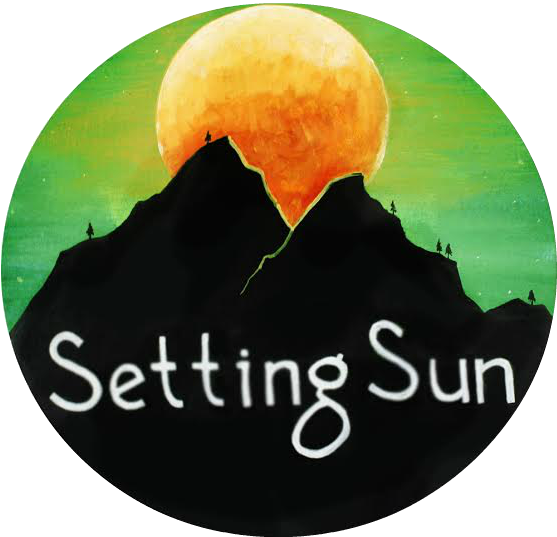Storytelling and Healing
To Foucault, language is an instrument of power, and people have power in a society in direct proportion to their ability to participate in the various discourses that shape that society. – Freedman and Combs
I recently returned from a trip out to California. I was invited to share my story about my spiritual emergence and other extraordinary experiences at the California Institute of Integral Studies. The group that invited me to speak was the "Spiritual Emergence and Other Extraordinary Experiences at CIIS" group (Facebook Page). It was a real honor to share my story there, and felt like a critical part of stepping into my "role" and beginning to "walk my talk" -- a common theme that has been coming up since my trip.
I also was honored and blessed to attend the "Re-Visioning Madness" conference at Esalen, which was facilitated by Michael Cornwall and David Lukoff. The discussions were rich in context, and many people shared their stories of their spiritual emergencies or time being hospitalized. It was a weekend full of compassion -- for those who are experiencing "extreme" states; grief -- for those who have been through the traditional mental health system and experienced some form of abuse or trauma; and excitement -- about the future of mental health, the connections that were formed, and hearing about current alternatives to modern psychology and psychiatry.
I flew back to the east coast feeling inspired and energized by the conference and also my presentation at CIIS. It made me realize that I spend much of my time either working with people experiencing some sort of extreme state or researching/studying non-ordinary states of consciousness. Also, after hearing so many stories over the weekend, it made me think that there is a huge need for this type of work, and many people are either embarrassed or afraid to speak about or share their personal stories.
Storytelling and sharing your story can be an important step in healing. Many are afraid to share their stories of extreme states or extraordinary experiences due to stigmatization of the topic, but also fear for some type of forced treatment. Instead of expressing and sharing our stories with the world, our culture encourages the suppression of storytelling -- also if we think about current medical treatment, many of the medications are suppressive in nature.
Suppressing our stories can be problematic. The natural flow of energy usually wants to be expressed somehow. When this flow is blocked or suppressed, it becomes buried. Our psyches push these stories and emotions down into our body. Now, with stories buried in our bodies, like being frozen in time, our bodies begin to hold onto these emotions tightly. Naturally, the story or emotion wants to be expressed, but when there is no outlet for this, it begins to manifest in many different ways -- such as different psychosomatic disorders, emotional outbursts, anxiety, depression, and may even manifest into an extreme state.
How do we create a container for one to share their story to foster healing and growth? After spending time at Esalen and watching everyone come together to share their story, I feel hopeful that there will be some big strides in the way we deal with mental health in the future. There are some great people out there in the world trying to create change and transform the way we deal with crisis. It seems practical to say that storytelling is a way to heal this broken paradigm. We all need to hear the stories of one another to know how we are all walking in this life. But, it does not just come down to storytelling -- the most important thing is learning how to listen.
Listening to a variety of stories over the past week, and listening to the stories of the people I have worked with over the past few years has been inspiring and informative. You begin to realize that there are so many ways to see the world and so many ways to walk through the world. We may not always agree with how people walk through or see the world, but it is important to stay present and listen.
Next time someone starts to share their story with you, try staying present and listen to what they are sharing. It isn't always important to say something after someone has shared. Maybe try not saying anything afterwards, and see what happens.
One thing that I took away from the week is that sometimes we don't always need to do something to make something happen -- such as making a person change. Sometimes, just being present, listening, and being there for a person is all someone needs to start their journey to healing their forgotten and untold stories.

